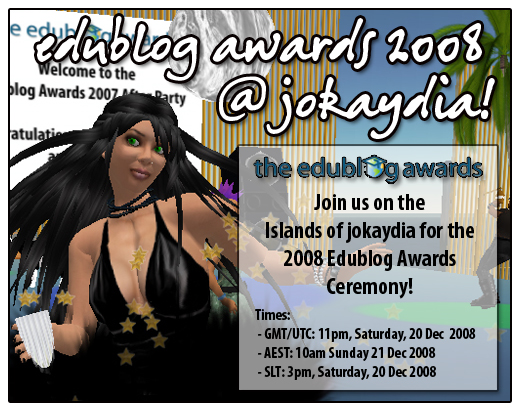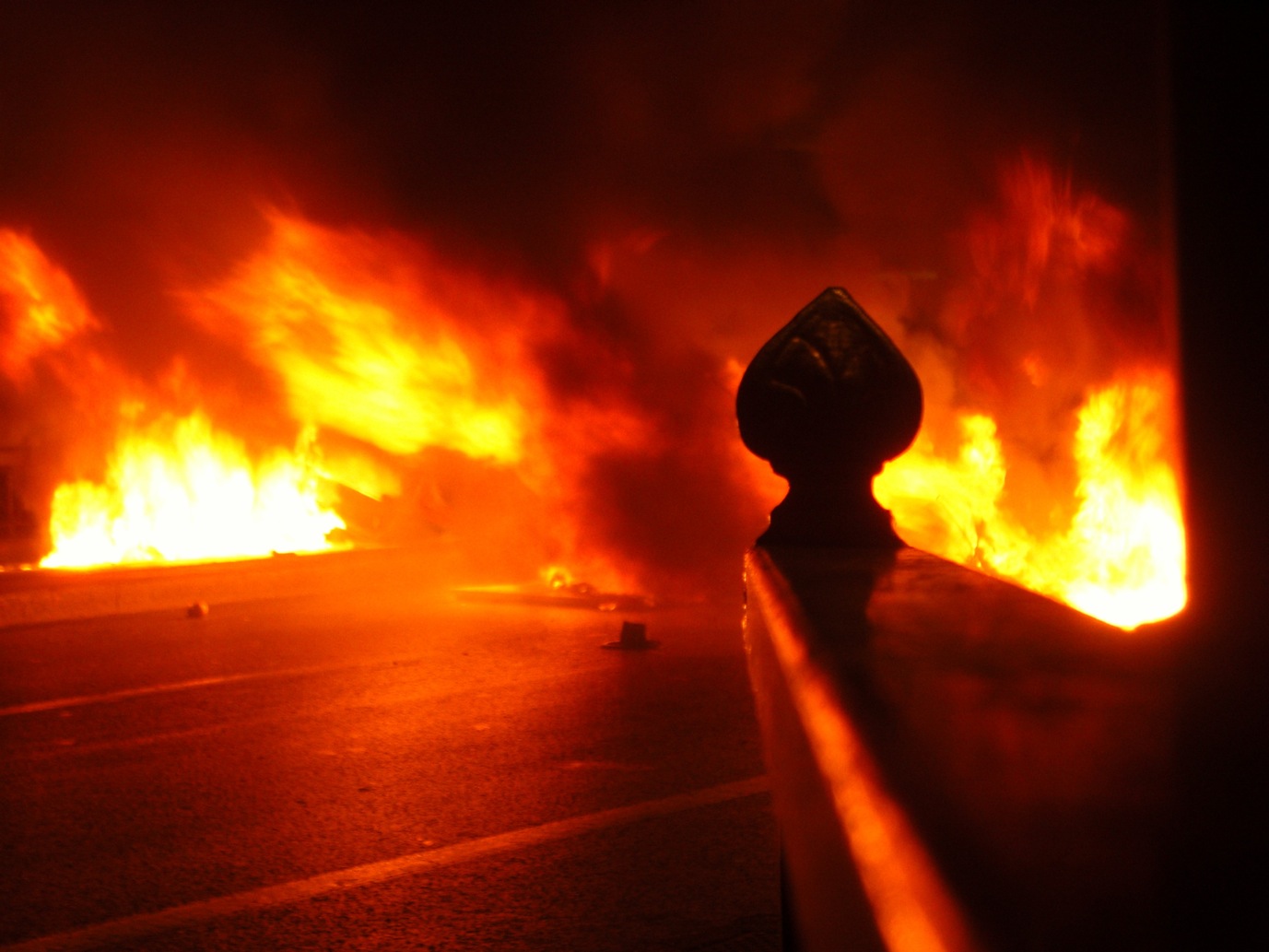The education system does not work
Last week in a post entitled “If PLEs are Incompatible with the System, how do we Change the System?”, I argued that our present systems are unable to keep up with the requirements of society and of industry for learning and knowledge development. Curricula cannot keep pace with the speed of technological and social innovation and the skills and knowledge required by today’s technology cannot be delivered through a rigidly sytematised, market led educational system. Present education systems cannot support lifelong learning and it will cost too much to extend the present model of institutional education to deliver the learning required by the present phase of capitalism.I could – and should – have added that in many countries there is still not free access to basic education – let alone to higher education. Even in advanced economies such as the UK students are expected to contribute towards the cost of their education resulting in many leaving higher education with large debts. There is an assumption that they will do this because of the premium this places on their earning power but research shows this premium to be eroding. And such a premium is based on the differential between them and those without higher education; if everyone has equal access to learning then such additional income would disappear.
An emergent alternative
If the present systems cannot be extended to deliver education for all and lifelong learning is there an alternative? I believe we have an emergent alternative based on the use of new technologies and on radical changes in pedagogy.
Open Educational Resources
Lets start with learning materials or educational resources. We are moving from a position of scarcity to one of abundance through the rapid development of Open Educational Resources and internet based media. Books, videos, audio,learning materials, research papers, journals can all be accessed through the internet. Critically the development of cheap sub laptop computers and of handheld devices (plus the soon to emerge, cheap electronic book readers) and increasing access to internet access, provide a wealth of easily accessible educational resources. Such media are socially and economically sustainable through the very numbers of people contributing to their development and publication. There are still issues over quality and discovery but these issues are far from unresolvable.
Social Networks
Secondly, social networks allow us a forum and social space for shared and peer group learning. We are no longer dependent on the classroom based expert learning model of the past. Just by following Twitter isit is possible to find every day streamed conferences and seminars with free online access. More importantly teh culture of free and open education is spreading. A number of educational social networking sites allow anyone to offer courses and anyone to attend. Whilst some are based on business models involving fees, it seems more likely we will move in the direction of free online education. Early Open Educational resource sites are increasingly looking at enhancing teaching and learning provision to support the materials they are posting online.But most critically, social networking allows us to find and collaborate with people who share a similar interest – and that can include a similar interest in learning. As early as 1970, Illich put forward a vision that people would send a postcard to a central address expressing there learning interests and that a mainframe computer would match up their interests with others and arrange them a meeting with such people. Now that process can be expidited through online social media and geographical location technologies could allow us to meet up face to face with those people with similar interests in our geographical vicinity.
Curricula
One of the barriers to such self driven and social learning has been centrally controlled and regulated curricula. Here too, the use of social media is leading to new ideas of community driven, emergent curricula based on the model of the Rhizome. Learning will not so much be driven by enrolment on a officially prescribed course or curricula, but in participation in learning as part of a community of practice where bodies and tenets of knowledge are changing, emergent and transparent.
Participation in courses and programmes of learning also has a social element. But here too, we have an alternative model. Massive On-line Open Courses (MOOCs) offer a model for the scalable delivery of courses and programmes, and more importantly for the organisation of social interaction around such courses, both online through blogs, wikis, online seminars, internet radio, MUVEs etc. and face to face through geographically located study groups and circles.
Personal Learning Environments
A further piece in the jigsaw is the move towards Personal Learning Environments. PLEs are important in allowing individuals to organise and manage their own learning, regardless of where that learning takes place. PLEs can provide a framework for scaffolding and reflection on learning.
Changing the system
Put all the parts together and we have a new model, a model which can extend learning to all those who want it and support lifelong learning. A model which is affordable and scalable. But of course it requires imagination and change to implement such a model.
There are four key changes we need to take.
The first is in the role of teachers. Teachers are important for guiding and supporting learning. Teachers are a precious and scarce resource. Too much to their time at present is pent delivery front of the class learning and lecturing. If we could increase social and peer group learning and free up teachers time, then we should be able to provide open access for teachers to all who require such support.
The second is assessment. present methods and approaches to assessment are one of the biggest barriers to new and more radical pedagogic approaches. If assessment was seen as part of the learning process, rather than as a process of measuring what people do not know, assessment could become an integral and important part of a new system.If education and learning are integrated in society, then assessment can become authentic within everyday living and working situations.
The third is the role of schools and the design of learning environments. The schooling system has become institutionalised. the vast resources used to support and maintain school buildings and facilities could better be used supporting learning within the community. Schools should be opened to learners of all ages providing guidance and support for learning. But schools are not the only place in which we learn. It is widely accepted that much of our learning is informal. Yet we do little to enhance working and community environments to support that learning. The working environment is not juts the physical surrounding but the deign of work tasks and the work organisation. For learning to be effective we need opportunities to put that learning onto action. We need a holistic approahc to learning environments. A positive outcome of deschooling society is to introduce learning in the wider spheres of activity in our societies.
The final change is in accreditation. There is little point in developing learning in the workplace and in the community and encouraging the development of Open Educational Resources and Personal Learning environments, if access to future opportunities is reliant on accreditation which can only be obtained through participation in prescribed courses. Accreditation can and should be based on presentation of evidence of learning and competence, based on our e-Portfolios and participation in learning activities. Of course, this may require some forms of presentation, in electronic and other media and may require expert and peer testimonial. This is not so much of a technical change, but a change in how we view the validation and recognition of learning.
Of course these are radical chnages. But the main point of this post was to say that we have the ideas and the technologies to support an alternative to the present education systems, systems which are failing so many indiviidals and failing society as a whole.


